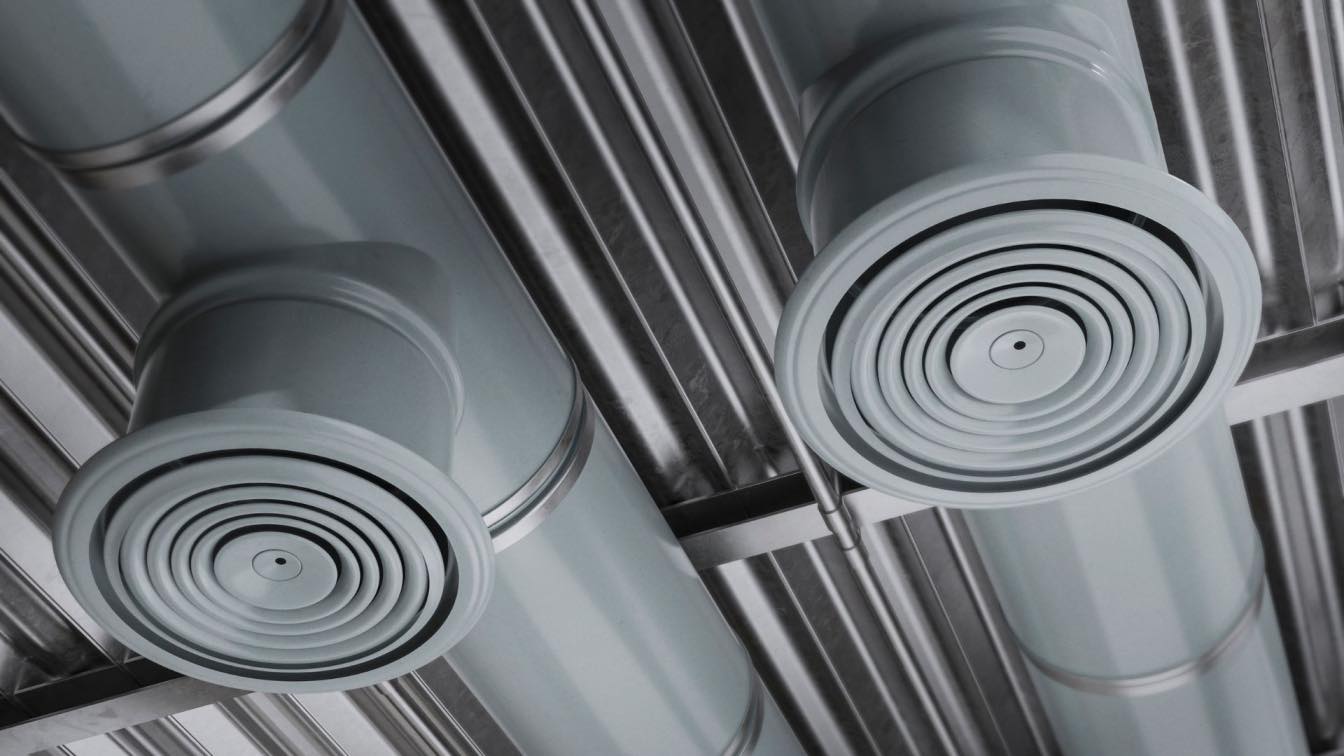If you're a homeowner looking to reduce your carbon footprint and save money on energy bills, then going solar might be the perfect choice for you. Solar panels are becoming increasingly popular as a renewable energy source, and for good reason. In this article, we'll explore why going solar makes sense for your home and the benefits it can bring.
The Rise of Solar Energy in Residential Homes
In recent years, the adoption of solar energy in residential homes has significantly increased. People are turning to solar power as a cleaner and more cost-effective alternative to traditional energy sources. This trend is expected to continue as technology advances, making solar panels more efficient and affordable. Governments worldwide are also offering incentives and tax breaks for homeowners investing in solar energy, further promoting its adoption. With renewable energy initiatives and a growing concern for the planet, going solar is becoming the preferred choice for many homeowners.
Finding the Right Professionals to Install Your Solar System
When deciding to go solar, it's essential to find the right professionals to install your system. Whether you choose Sungain solar systems or another reputable company, do your research and ensure that they have a proven track record in installing and maintaining solar panels. A well-installed solar system can provide significant benefits for your home, but an improperly installed one can result in costly repairs and decreased efficiency. Look for certifications and reviews from previous customers to make an informed decision on who will install your solar panels.
Understanding the Basics of Solar Panels
Solar panels work by converting sunlight into electricity through photovoltaic cells. These cells are made up of layers of silicon and other conductive materials, which create an electric field when exposed to sunlight. This process generates direct current (DC) electricity, which is then converted into alternating current (AC) electricity by an inverter. AC electricity is what powers our homes, and any excess energy produced by the solar panels can be fed into the grid or stored in a battery for later use. The amount of electricity generated depends on factors such as the size and orientation of the solar panels, as well as the amount of sunlight they receive.
Benefits of Going Solar for Your Home
There are numerous benefits to going solar for your home. The most obvious benefit is the significant cost savings on your energy bills. By generating your electricity, you can reduce or even eliminate your dependence on traditional energy sources, resulting in lower monthly expenses. Moreover, many governments offer incentives and tax breaks for homeowners who go solar, making it an even more attractive option. Going solar also adds value to your home, as it is a long-term investment that can increase its overall worth. Furthermore, by reducing your reliance on traditional energy, you are also reducing the carbon footprint of your home and contributing to a cleaner environment.
How to Determine if Solar Panels Are Right for You
Before deciding to go solar, determine if solar panels are right for you. The first step is to assess your home's location and its exposure to sunlight. Solar panels work best in areas that receive a lot of direct sunlight, so if your home is mostly shaded, it may not be the most efficient option. Next, consider the upfront cost of installing solar panels and whether you are willing to make that investment in the long run. You should also calculate how much energy your household consumes every month to determine the appropriate size of the solar system needed. Finally, research any government incentives or tax breaks available in your area to see if going solar is financially feasible for you.
Tips for Maintaining Your Home Solar System
To ensure your solar system continues to operate efficiently, regular maintenance is crucial. While solar panels are known for their durability and low maintenance requirements, it's still essential to keep an eye on them and make sure they are functioning correctly. This includes removing any debris or shading that may be obstructing the panels, checking for any damage or wear and tear, and monitoring the inverter for any issues. It's also recommended to have a professional inspection every few years to catch any potential problems before they escalate.
Going solar makes sense for many homeowners due to the numerous benefits it offers. Just be sure to do your research, find the right professionals to install your system, and properly maintain it for optimal results. Going solar is a long-term investment that not only benefits your home but also the planet. Keep these tips in mind and take the first step towards a cleaner, more sustainable future for your home and our planet. So, if you're ready to go solar, now is the time!





